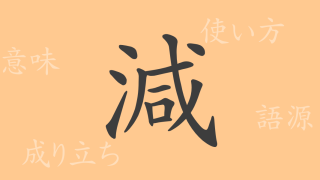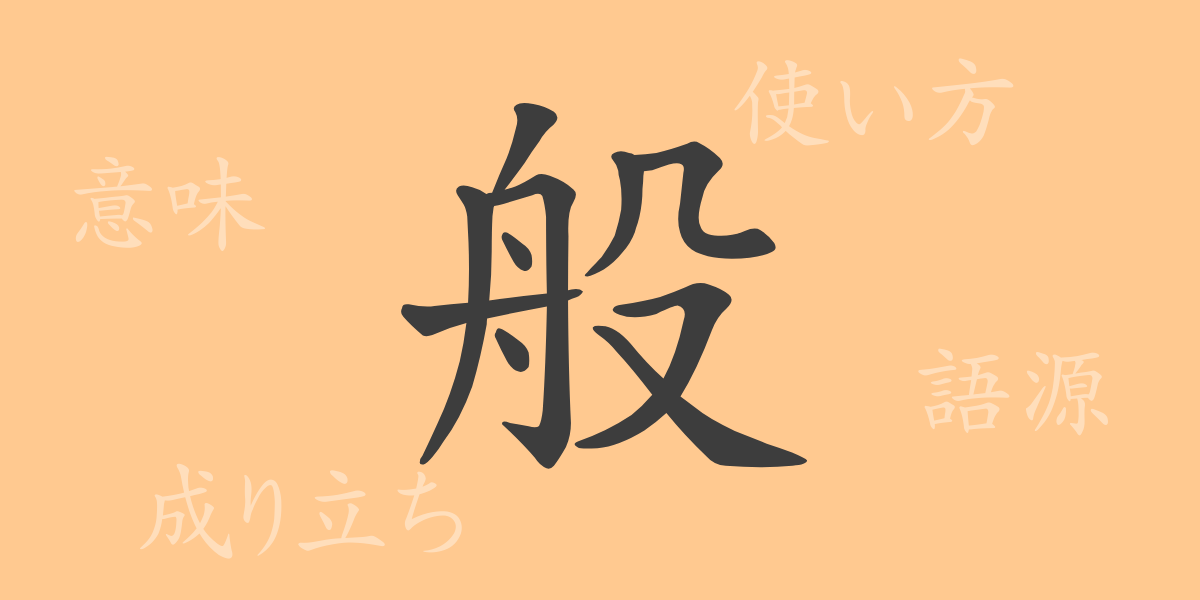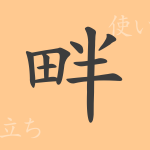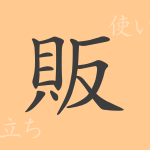In Japanese, countless kanji each carry their unique history and meaning. This article focuses on “般” (ハン), a commonly used kanji in daily life that spans a wide range of uses. We will delve into the origins, meaning, usage, pronunciation, and stroke count of “般”, as well as idioms and phrases that include this character.
Origins of 般 (ハン)
The kanji “般” originates from ancient China, combining the elements for “boat” (舟) and “shell” (貝), originally used in contexts of transporting currency by boat. Over time, “般” has come to represent more abstract concepts.
Meaning and Usage of 般 (ハン)
“般” encompasses meanings such as “general,” “type,” and “method.” It is commonly used to describe general situations or specific types of things, and to denote the manner of actions or events.
Pronunciation, Stroke Count, and Radical of 般 (ハン)
“般” has several readings and features in Japanese:
- Pronunciation: The on-reading is “ハン”; there is no specific kun-reading.
- Stroke Count: “般” consists of 10 strokes.
- Radical: The radical is “舟” (boat).
Phrases and Idioms Using 般 (ハン) and Their Meanings
There are numerous idioms and phrases that incorporate “般” within the Japanese language, such as:
- 一般 (いっぱん): Commonly describing a general or universal state.
- 一般的 (いっぱんてき): Pertaining to something that is widely applicable or general.
- 軍般 (ぐんぱん): Referring to the overall situation or state of an army.
- 万般 (ばんぱん): All kinds or all things.
- 万般の仕事 (ばんぱんのしごと): Being competent in all types of jobs.
Summary on 般 (ハン)
The kanji “般” is used across a wide array of contexts in Japanese, from general affairs to various types, frequently appearing in idioms, phrases, and proverbs. With its broad utility, “般” exemplifies the richness of the Japanese language, reflecting its ability to convey diverse concepts and actions.

























